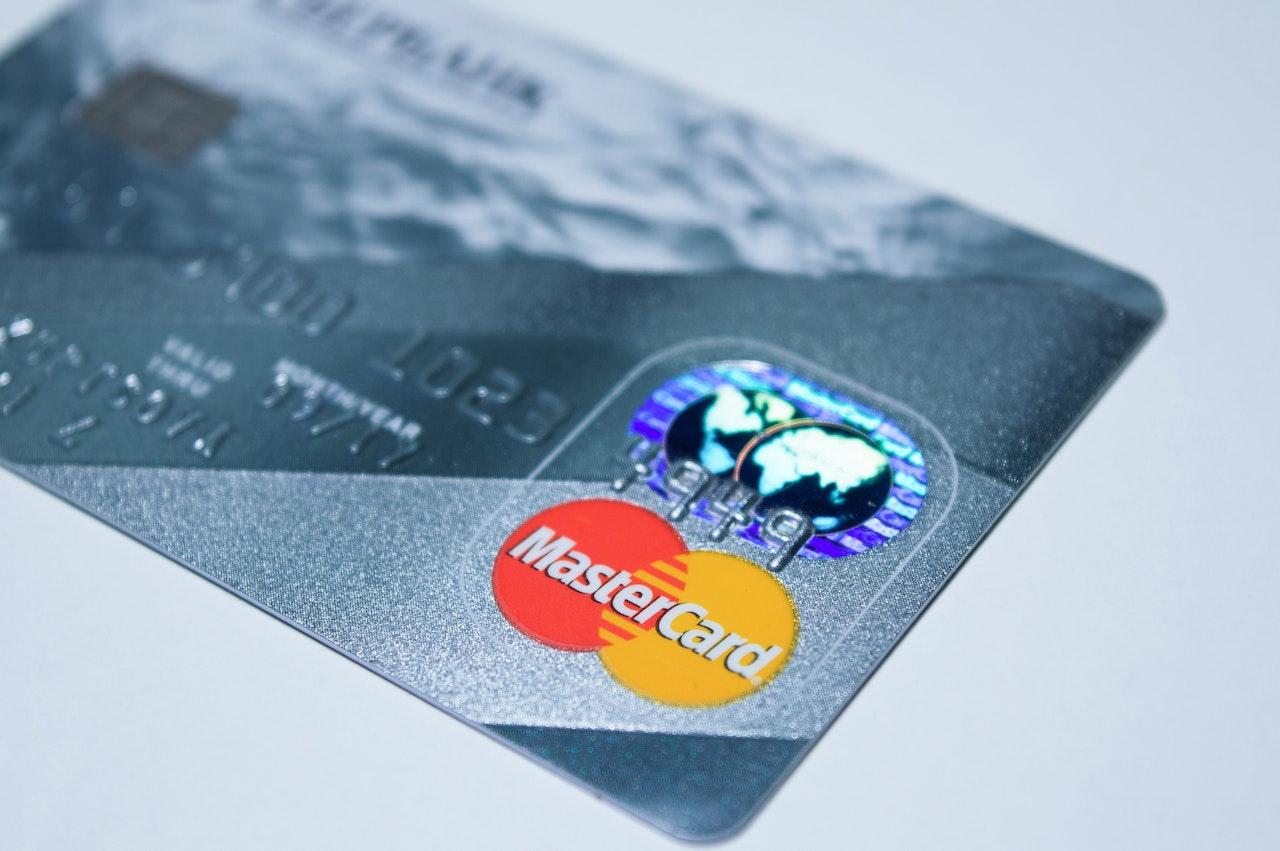An executor is responsible for paying all outstanding the debts from the assets of the estate. The executor is not personally liable for the debts and the Fair Debt Collection Practices Act prohibits collection attempts against a surviving relative or beneficiary.
An executor should locate all the decedent’s credit cards and cancel them to prevent new and unauthorized charges. To prevent identity theft, the executor should send a copy of the death certificate to three major credit reporting bureaus (TransUnion, Equifax and Experian).
In New York State, there is a seven month creditor period, running from the date of appointment as executor, not from the date of death. The law imposes a good faith standard on the executor in determining the payment of claims against the estate. The seven month creditor period does not bar a claim that is presented after seven months and does not mandate that all claims against the estate be filed within seven months of appointment. The purpose of the seven month creditor period is to protect an executor who after seven months distributes the estate’s assets in good faith before a claim is presented.
If an executor has personal knowledge of the existence of a claim or debt, even if the claim was not presented to the executor within the seven month period, and yet proceeds to distribute the estate without satisfying the claim/debt, the executor does so at his or her own risk and can be subject to personal liability.
After the executor is appointed, if any credit card bills remain unpaid, the credit card companies or the collection agencies will send notifications that a claim has been filed against the estate. This is normal procedure and is nothing to be concerned about. Once claims are filed you can begin negotiating. Credit card companies or collection agencies in most instances will take settlements from estates. An executor has to satisfy the creditors, this does not necessarily mean pay in full. Negotiating takes some time and effort, but if there are larger balances, this effort is usually worth it.
Executors should also be mindful that while credit card debts must be dealt with, the executor has a duty to pay the decedent’s debts in the proper order. Credit Card debts are the last debts of the estate that should be paid. The executor can be held personally liable for the failure to pay the debts of the estate in the proper order as set in the statute.
Executors should also be mindful that while credit card debts must be dealt with, the executor has a duty to pay the decedent’s debts in the proper order. Credit Card debts are the last debts of the estate that should be paid if the executor thinks that the estate’s debts exceed the estate’s assets. The executor can be held personally liable for the failure to properly pay the debts of the estate. The order that the debts of an estate must be paid are as follows:
- Funeral expenses;
- Administration expenses (accountant’s fees, legal fees, appraisal fees and Surrogate’s Court fees);
- Income tax;
- Estate tax (if applicable);
- Real property taxes;
- Judgment Creditors including Medicaid;
- Secured Creditors (Mortgage, Home Equity Loan and Car Loans); and
- Unsecured Debts (credit cards, medical bills).
As you can see, paying the debts of a decedent is not always as simple as simple as writing checks to all the creditors, especially if the decedent has limited funds. It is always a good idea to consult with an attorney experienced in estate administration matters to make sure that you pay all of the debts properly so that you do not subject yourself to personal liability.





